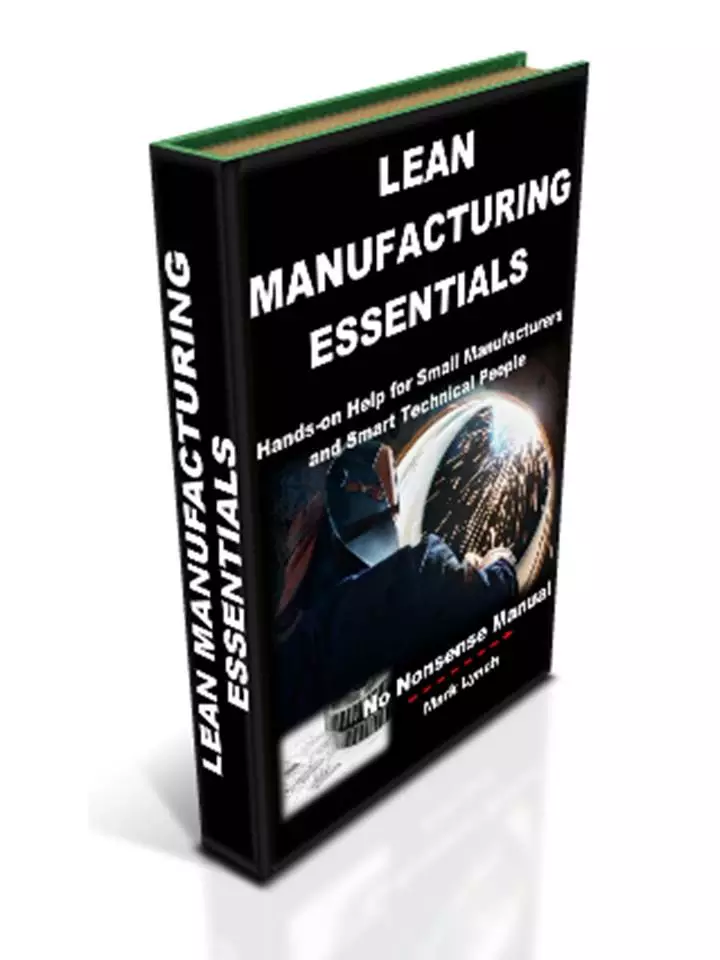'Hands-on Help for SMEs' and Smart Technical People'
The Localism Agenda
Efficiently Matching Regional Suppliers of Top Technical Talent with the Skills Shortage Needs of Local Businesses
The Challenge...
How can we develop a deep pool of local talent, where businesses can draw on a pipeline of skills suited to their needs, yet meeting the highest academic and vocational standards? How can we finally beat the skills shortage, whilst at the same time developing a sense of local community? There is a way....
Accelerated Ambitions - The Localism Agenda...
A more joined up approach to skills provision and employer requirements is needed. Matching local supply (school trusts, further education colleges and local universities) with demand (businesses – large primes, supply chains, SMEs, micros, contractors and freelancers) is the key. Technology can help, but conversations, contacts and local knowledge are vital to the solution. Crucially, local business support organisations and recruitment agencies can also plug into the system.
Note: Accelerated Ambitions periodically quotes ideas and examples from the UK. However, the challenges and solutions are global. Importantly, the plan is deliberated customisable where local, regional and international equivalents can be included to provide answers for people, businesses and local economies wherever you are.
Accelerated Ambitions - The Localism Agenda...
The Problem...
- Regional businesses routinely complain about the skills shortage, particularly with engineering, scientific and technological expertise. Companies can not acquire the top technical talent they need to grow. Job vacancies remain unfilled, with real commercial consequences.
- Smaller businesses without the brand pulling power of the primes (or the recruitment budgets) really struggle to attract the best recruits, making expansion and long-term growth difficult. Additionally, many engineering SMEs face an ageing workforce with retirement looming, as well as the need to modernise, adapt and benefit from digital technologies
- Some businesses complain recruits from colleges and universities are simply not work-ready, often requiring extensive training investment and time, before they are productive. Additionally, many firms question the academic course content and are concerned the skills they need (both practical and knowledge-based) are not taught.
- Within a local area schools, colleges and universities want their newly qualified students to secure excellent jobs, yet often have little control over making this happen. Yes, careers advice is provided and some local companies may even be known through careers offices. However, largely the students are on their own and the onus is on them and their ability to find, get in and impress employers. For the most part, getting the newly qualified into jobs is an inefficient process.
- All colleges and universities want to boost their reputations for excellent education and training, and importantly relevance to the world of work. Their ranking and performance against regional and national tables may also be linked to funding.
- All local areas crave the conditions where people can start small businesses and those small businesses can scale-up and flourish, without feeling they need to leave to grow. ideally they want these businesses procuring from local suppliers, recruiting local people and ultimately feeding the local economic and social community.
- Local schools, colleges and universities want to feel proactively involved in the community, with teaching and skills that are meaningful to local people, whilst drawing on the case studies and examples in their region that resonate with those they teach.
- Employing local suppliers, tradesmen and services who know the area and know the people is the ideal situation for any community. Keeping money in a local area, investing in the local economy and providing goods and services better matched and customised through local knowledge is the ideal state of local affairs.
- Strong local commercial activity breeds a confident, aspirational and thriving community. In-turn this facilitates increased cultural, retail, entertainment and civic activity. Which town, borough or city doesn't desire this?
Accelerated Ambitions - The Localism Agenda...
The Solution...
- Matching local supply (school trusts, further education colleges, regional universities) with demand (businesses - large primes, supply chains, SMEs, micros and contractors).
- Using technology to facilitate the matching. Live data being fed in regarding vacancies, current and future opportunities, courses etc, as well as complimentary digital conversations and channels, including social media platforms, skype, emails and phone calls.
- Crucially, the personal conversations and contacts compliment the digital model. Here people make recommendations, sign-post, spot and exploit new opportunities and put others in touch - all based on knowing and trusting people, through local knowledge and personal rapport.
- Plugging local and regional business organisations and networks into the localism model - Chambers of Commerce, Local Enterprise Partnerships (LEPs), Growth Hubs, Catapult Centres - and national players such as InnovateUK and the Knowledge Transfer Network.
- Technical Recruit Agencies. Local and national recruitment agencies (with a local footprint) have a significant role to play in this matching model. They undertake their core business model, yet tap into the leads, demands and supply proposed by the businesses and local academia. Importantly, recruitment agencies are facilitators, proactively chasing and asking questions.
- The localism model enables the offer of practical advice and help to small businesses in particularly, via the range of business organisations mentioned above. The network enables rapid sign posting and putting people in contact with local experts and others who have trodden the same path. The 'hive-mind' of knowledge and contacts is an invaluable source of information for freelancers, contractors, start-ups and scale-ups too, who simply want to quickly find that nugget of info and get on.
- The localism model facilitates practical help with things like the apprenticeship levy, as well as how to set up and run apprenticeships and high-quality graduate placements/internships. Best practice examples and advice would be available too.
- Because of the real-time dynamic nature of the communication, on the supply side it would be possible to identify where talent pipelines and hot-spots are and when a cohort is ready for industrial engagement. For example, the best time for businesses to approach and recruit engineering graduates, when to approach and sponsor degree-apprenticeship students or when the local end-of-year degree shows are, when emerging new talent is available.
- Local and regional businesses can positively influence local academic course content, whist supplementing core curricular transferable knowledge. The skills and expertise businesses recommend could also be a taught in a practical work-place related way. Further, this then provides a route for practical work-place related experience through internships, graduate placements, day-release and seasonal work experience. Businesses benefit from the structure, organisation and rigour academic institutions are able to bring to the table in terms of course design and assessment.
- A local focus enables you to know and understand the quirks on the ground within a region. What makes young people tick? What are the technology trends? Which businesses are the desired local employers and why? What clusters and supply chains are active? Which skills, knowledge and expertise are in demand locally? Understanding and knowing the answers to these local questions can help both businesses and individuals plan.
- Likewise, this helps prevent the talent brain drain - a common situation where the brightest young people leave a region in search of greater opportunities. A positive social benefit of preventing this is communities stay intact with family generations remaining local, able to assist one another and building a sense of real enduring community.
- The localism matching model is able to offer young people a more structured route from school, through training and studying, into the world of work. This is particularly useful for vocational paths, where a clear equivalent to the 'GCSE - A Level - Degree - Work' academic route is missing. Better targeted, more relevant continued professional development plans and career planning can also be developed to support individuals.
- The localism model helps build local supply chains, developing and matching the talent the primes and their tiered suppliers need, with the supply of skills and expertise provided by local colleges and universities. Related to this, it facilitates business park clusters (perhaps affiliated with a regional university as a business incubator or accelerator) where complimentary skills and expertise enables companies to feed off each other, thrive and grow.
- Local suppliers should be promoted and supported wherever possible, particularly when other local businesses are procuring products and services. This can be facilitated by local trade websites, apps and other IT solutions. Crucially, to remain competitive, the trades and other businesses can benefit from help to achieve operational excellence and greater productivity, for example through skills and leadership investment supplied from local colleges and universities.
- Local sponsorship and outreach projects can help get both businesses and academic institutions out into the community, meeting people and demonstrating what they do. It's a great opportunity to support local initiatives, promote values and do good works for individuals and charities, thereby demonstrating social responsibility. Tax relief benefits also exist for the businesses. Additional advantages include better future recruitment and a local reputation as a good employer. Corporate Social responsibility is about making a difference and inspiring. Every organisation should proactively see what it can do in whatever way possible.
- Some of the solutions above will require additional resources. Apply for funding - methodically and relentlessly. There's no stigma, instead that's exactly what the money has been put up for. Funding pots will be available - you just need to find them. Increase awareness and identify local and national sources of funding in a range of related area. It's a hot topic, intrinsically linked to the drive for greater productivity, regional regeneration, social mobility, social responsibility, business growth and skills. Develop a dedicated funding application function to win bids - either internally or professionally outsourced. Understand funding cycles and apply periodically.
- Additional Solutions to the Skills Shortage are detailed here

Inspirational Localism Short Vides
Below you'll find related videos on the theme of 'Active Localism' - essentially how people can be involved in shaping their locale, including skills, opportunities, ideas and tech. For small manufacturers and freelance engineers, creative professionals and anybody interested in generating innovative solutions, will find some inspirational ideas for driving change and making a difference, at a local practical level.
Practical ideas in other sectors include farmers markets, pop-up stores, small local independent stores, crowd-funding for local initiatives and community projects. For industry, regional clusters, local supply chains driven by the need to reduce carbon, and perhaps local manufacturing hubs powered by Industry 4.0 tech, offer a glimpse of the future. For small manufacturers and freelance technical professionals, this thinking can and should open upon up opportunities. Have a think - what ideas could be applied to your operation? What are the opportunities for your business?











